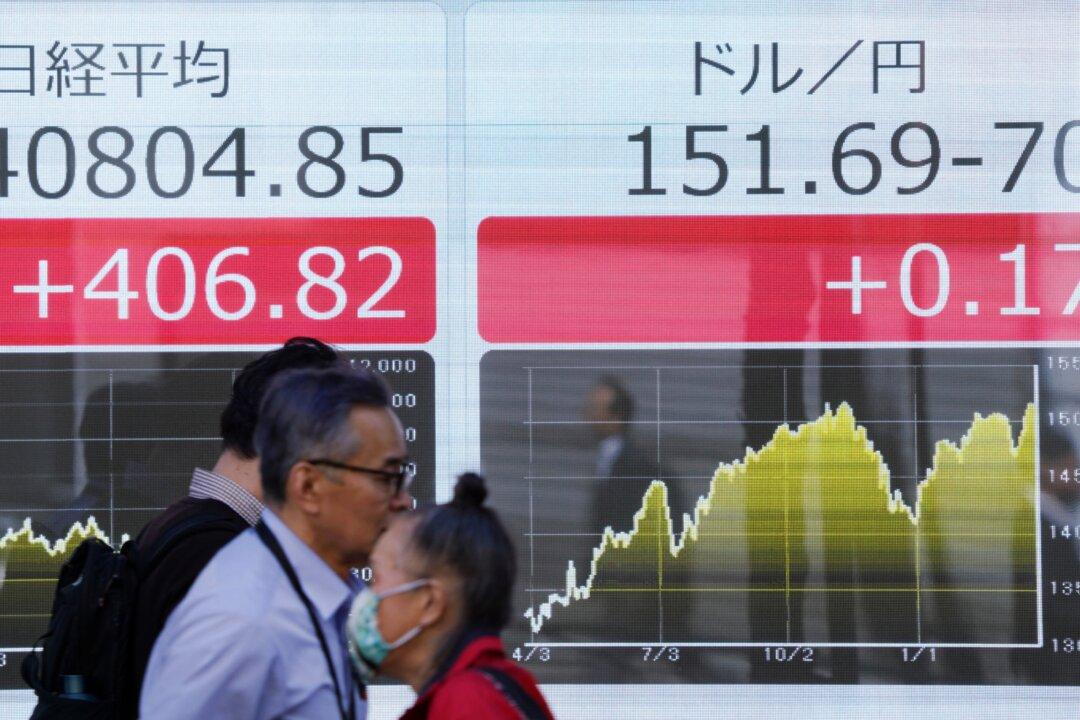The Bank of Japan (BOJ) recently transitioned away from its negative interest rate policy, a notable departure from the expansive quantitative easing strategy that had been a cornerstone for the past 17 years. Despite expectations, the yen experienced a further decline rather than an appreciation following this policy shift. Concurrently, the Japanese stock market witnessed remarkable growth, with the Nikkei Index achieving new highs on two successive days, even briefly surpassing the 41,000-point mark.
The market is abuzz with speculation about the yen’s continued depreciation and the potential trajectory of Japan’s stock market amidst these developments. Some market analysts argue that in the face of global supply chain realignments and the Western world’s strategic positioning against the Chinese Communist Party (CCP), a fortified Japan plays a critical role. This perspective casts a favorable light on Japan’s economic outlook, with some predictions suggesting the Nikkei Index could usher in a milestone era of reaching 100,000 points.





